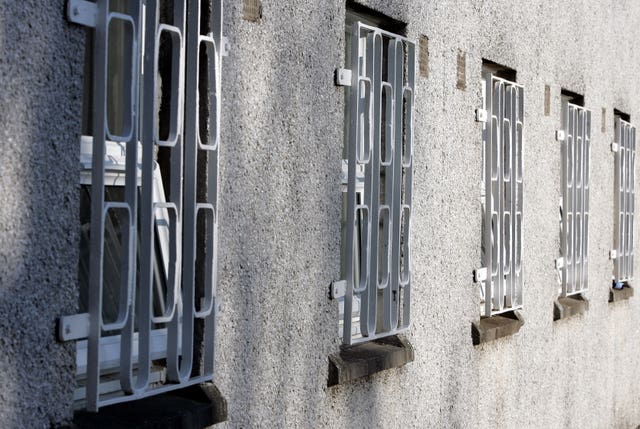Alabama executes Muslim inmate who wanted imam present
Dominique Ray was given a lethal injection on Thursday night.

A Muslim inmate who complained in a legal challenge that Alabama would not let his Islamic spiritual adviser be present in the execution chamber has been put to death after the nation’s highest court cleared the way.
Dominique Ray, 42, was pronounced dead at 10.12pm on Thursday of a lethal injection at the state prison in Atmore.
Ray had argued Alabama’s execution procedure favours Christian inmates because a Christian chaplain employed by the prison typically remains in the execution chamber during a lethal injection, but the state would not let his imam be present.
Lawyers for the state said only prison employees are allowed in the chamber for security reasons.
Prison system spokesman Bob Horton said Ray was visited by his imam on both Wednesday and Thursday. Ray’s imam, Yusef Maisonet, watched the execution from an adjoining witness room. There was no Christian chaplain in the chamber.
The 11th US Circuit Court of Appeals had stayed the execution on Wednesday over the religious arguments, but the US Supreme Court cleared the way for it to proceed in a 5-4 decision on Thursday evening.

Other states generally allow spiritual advisers to accompany condemned inmates up to the execution chamber but not into it, said Robert Dunham, executive director of the Death Penalty Information Centre, which studies capital punishment in the United States.
Mr Durham said he did not know of any other state where the execution protocol calls for a Christian chaplain to be present in the execution chamber.
Ray was sentenced to death for the 1995 rape and murder of a 15-year-old girl. Tiffany Harville disappeared from her Selma home on July 15, 1995, and her decomposing body was found one month later in a cotton field.
It was Alabama’s first execution of the year.
Ray was convicted in 1999 after another man, Marcus Owden, confessed to his role in the crime and implicated Ray.
Owden told police that they had picked the girl up for a night out on the town and then raped her. Owden said that Ray cut the girl’s throat. Owden pleaded guilty to murder, testified against Ray and is serving a life sentence without parole.
A jury recommended the death penalty for Ray by an 11-1 vote.
Ray’s lawyers had also asked in legal filings to stay the execution on other grounds. Lawyers say it was not disclosed to the defence team that records from a state psychiatric facility suggested Owden suffered from schizophrenia and delusions.
The Supreme Court also rejected that claim on Thursday.





